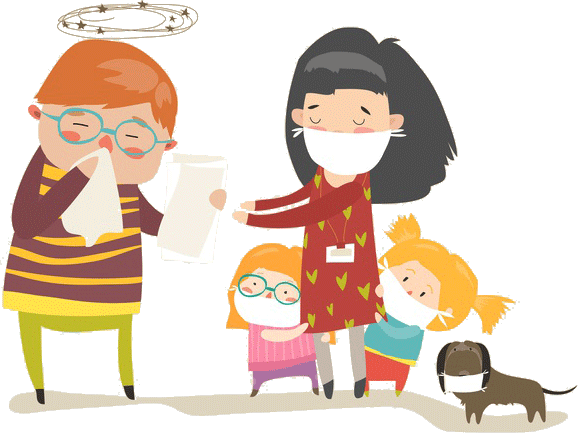Emergency Medical Care for Children
Posted in General Health on January 26, 2009. Last modified on February 01, 2018. Read disclaimer.

Each year, more than 14 million children under the age of 15 will be injured seriously or become ill enough to require medical attention. In fact, every day, over 24,000 American youngsters under the age of 15 need emergency care with children accounting for approximately 10 percent of all ambulance transports.
These statistics are chilling for both parents and emergency care providers. For children, aged 5 to 14, injuries are the leading cause of death -- claiming more than three times as many lives as the next leading cause of death.
There is a complex network of protocols and services for getting ill and injured children the emergency care they need. Children are physically, psychologically and physiologically different from adults so emergency care providers are trained not only to recognize the difference ways that children's bodies respond to traumatic injury and illnesses, but also to communicate and comfort young patients effectively.
It is important to know how to respond when a child may need emergency care.
Call 9-1-1 at once if:
- the child's condition is, or could become, life-threatening.
- moving the child could cause additional injury.
- the child needs the skills or equipment that only trained care providers can access.
When in doubt, make the call. The 9-1-1 dispatch center should be able to help in sorting out what kind of emergency help is needed.
It certainly isn't easy to be calm when a child has been injured or is in pain but this is important both to help keep the child reassured and comforted and to be able to provide accurate information about the illness or injury to paramedics or emergency room personnel.
Youngsters are constantly subject to all kinds of accidents and injuries which require immediate, skilled care and attention. These include bike crashes, near drownings, fireworks injuries and burns, and the gamut of cuts, scrapes and broken bones.
Sometimes it is hard to know when a child suddenly needs medical care outside of the obvious indications like unconsciousness or severe bleeding after a car or bike accident.
Medical help is appropriate if a child is observed showing any of the following signs or symptoms:
- Acting strangely or becoming more withdrawn and less alert.
- Having increasing trouble breathing.
- Skin or lips that look blue or purple (or gray for darker skinner children).
- A seizure -- rhythmical jerking and loss of consciousness.
- Very loose or knocked out teeth, or other major mouth or facial injuries.
- Increasing, severe and persistent pain.
- Any loss of consciousness, confusion, a bad headache or vomiting after a head
injury. - Decreasing responsiveness when being talked to.
There is, of course, no way to keep kids absolutely healthy and safe from illness or injury, but a healthy dose of prevention can go a long way toward reducing the likelihood of injury occurring. According to the National Safety Council, parents can help "child proof" their homes by eliminating dangers -- especially by securing poisonous chemicals and firearms completely out of a child's access.
Parents should also discuss safety issues when leaving their children in the care of others, whether it is for just a few minutes or for all day.
Be sure you go over emergency procedures with any new baby-sitter so they will know what you expect them to do if the need arises. Leave your emergency phone or pager numbers where you can be reached, as well as the phone number of your pediatrician or family doctor.
Source:
http://www.yourfamilyshealth.com/kids_health/emergency_care_children

